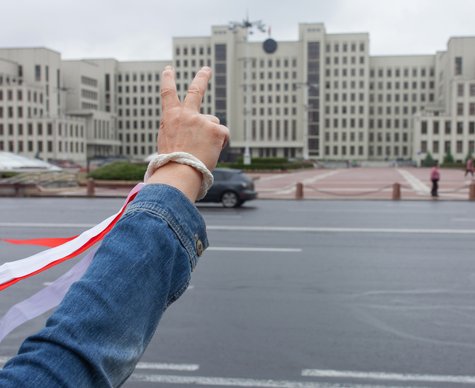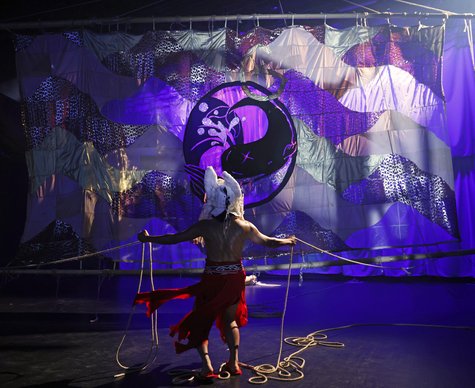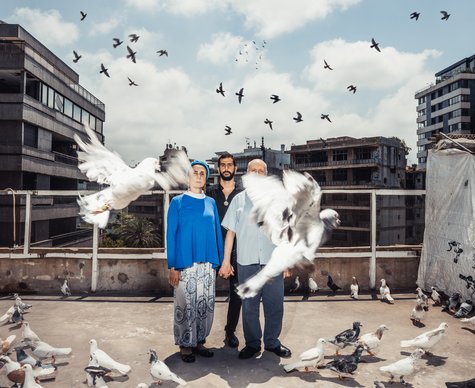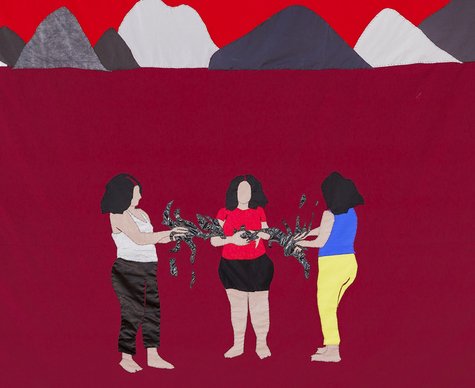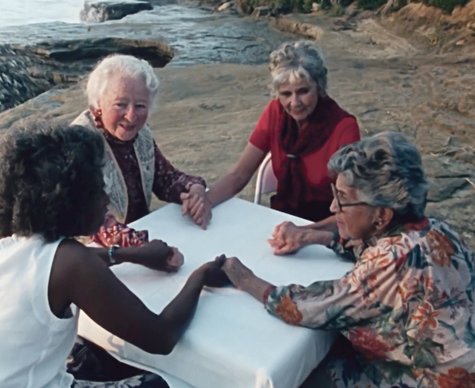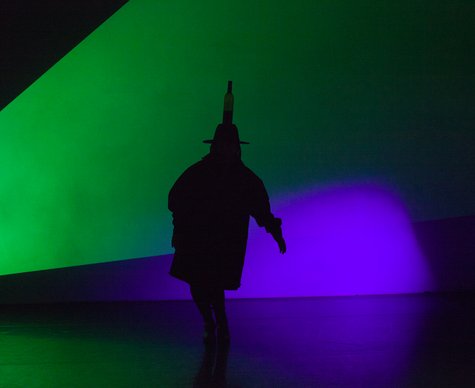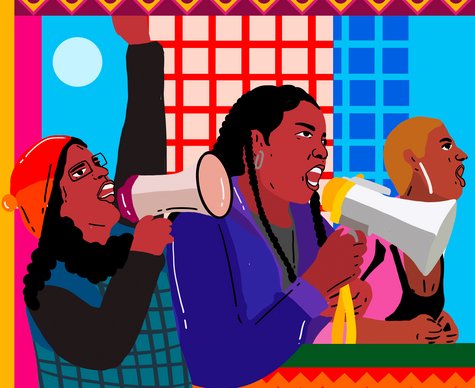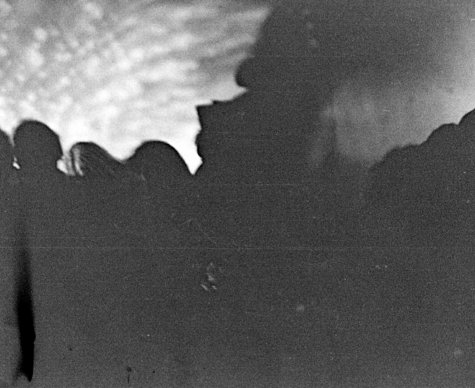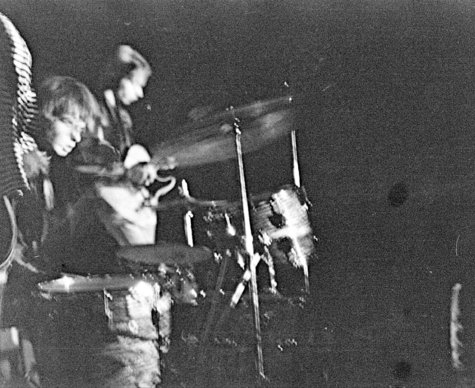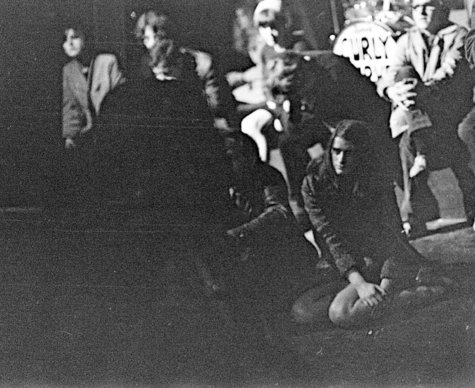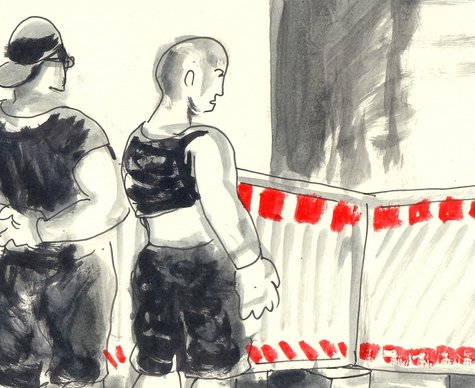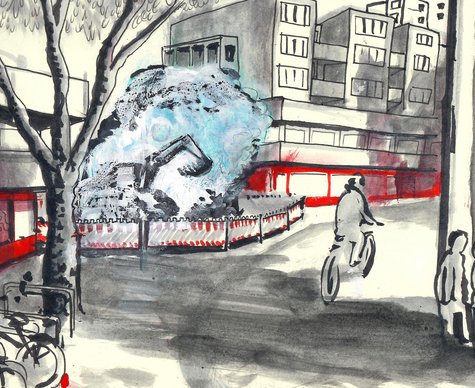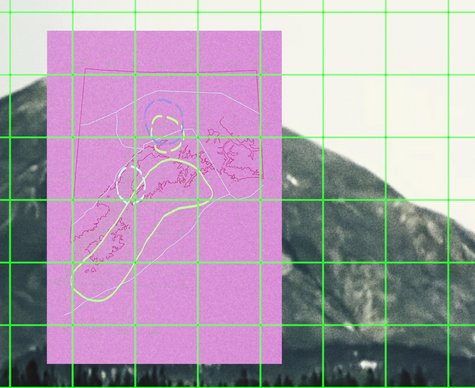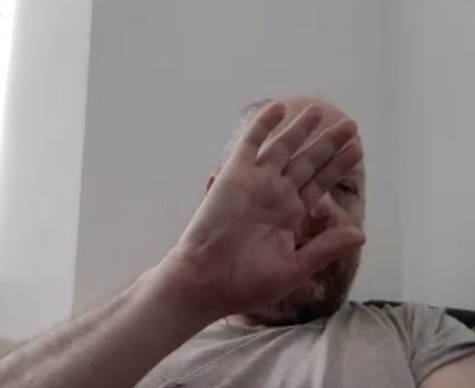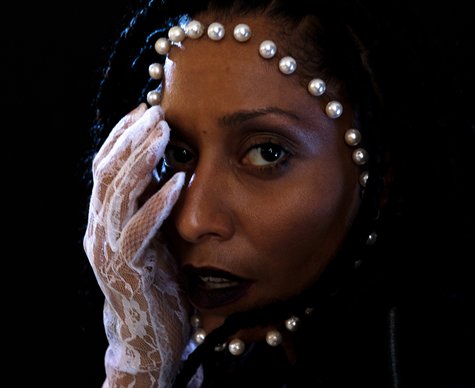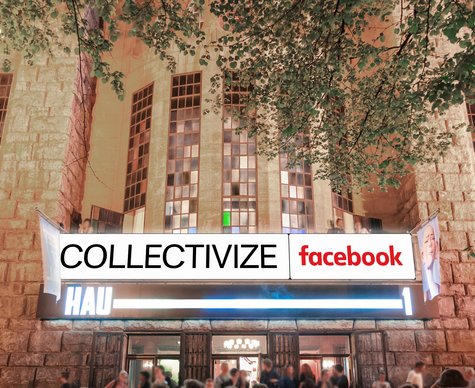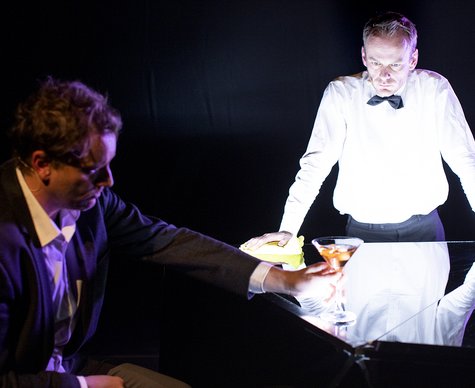Núria Güell & Shahram Khosravi
Interpellation versus representation? & Prosopagnosia / Two Lectures and a Dialogue
Part of “Violence of Inscriptions”
- Dialogue

Following two short lectures that will introduce us to their artistic and theoretical practice and research, performance artist Nuria Guéll and anthropologist Shahram Khosravi open up a dialogue on bodies in migration.
Interpellation versus representation?
lecture by Núria Güell
How to avoid that exposing bodies under social and political violence stays limited to good or humanist intentions? Should we rather rely on interpellation and not on representation in order to re-address this problem? How can art unsettle a subversive potential that helps de-normalize what has become familiar? How can collaborating and creating alliances counter the discursive or political instrumentalization of these phenomena? How can cultural institutions be honest “with the real” when this implies going beyond what is morally accepted?
Those are some of the questions that artist Núria Güell raises in her creative process. In her presentation, she will draw on some of her recent projects in order to address ethical questions that concern both, artists as well as social, political and educational institutions involved in challenging but also maintaining structural violence. Thus, she will introduce us to her artistic methodology and practices such as listening and the distinct work with different qualities and forms of encounters. She thereby brings up the question how suspending hegemonic inscriptions, dismantling institutional mechanisms and working against the categorization of identities by artistic means can contribute to re-imagine the dynamics between the public and the ‘artwork.’ Becoming-part of the problem is actually the very pre-condition for any civic and artistic engagement.
Prosopagnosia
lecture by Shahram Khosravi
This talk is about border gaze. Borders expose the “other” to a gaze that does not “see” her as an individual but “reads” her as a type. The visual field is not neutral. The gaze is a hierarchically interwoven complex of gender, racial and class factors. In other words, border gaze is not only seeing but also reading. The “other” is objectified by being looked at. The subject (the one who looks) remakes the object (the one who is looked at) and denies his or her individuality outside the subject’s mind. Prosopagnosia, also called face blindness, is a disorder that causes inability to recognize faces, even familiar ones. Migrants are seen but unrecognized. They are actively unseen. Rather than being invisible, they are “unvisible”: exposed to a conscious act of unseeing, excluding, and leaving out. In his talk Shahram Khosravi will focus on the relationship between in/un-visibility and “othering.”
Dates
Location
HAU2
Hallesches Ufer 34, 10963 BerlinThere are two marked parking spots in front of the building. Barrier-free restroom facilities are available. Four relaxed seats are available in the first row of HAU2. Tickets for wheelchair users and accompanying persons can also be booked via the ticketing system. If you need help, please contact our Ticketing & Service team at +49 (0)30 259004-27 or send us an email to
tickets@hebbel-am-ufer.de.
Latest information for arrival:
There is currently a construction site on Hallesches Ufer between Wilhelmstraße and Möckernbrücke underground station. There is a divided replacement route for pedestrians (right) and cyclists (left), which are separated by a yellow ground line. The carriageway is narrowed to one lane.
Travelling to HAU2 via U Hallesches Tor:
If you are coming from Hallesches Tor underground station, you will have to use an alternative footpath from Wilhelmstraße / Hallesches Ufer junction, which is separated from the carriageway by a construction fence – the actual footpath is currently closed. Please note: the alternative route is also used by cyclists. Pedestrians should keep to the right. We therefore currently recommend that visually impaired or blind visitors come to the HAU with an accompanying person.
Arrival HAU2 via U Möckernbrücke:
When you leave Möckernbrücke underground station, please stay on the footpath on the canal side until you reach Hallesches Ufer / Großbeerenstraße junction – the opposite side is currently closed due to construction work.





















